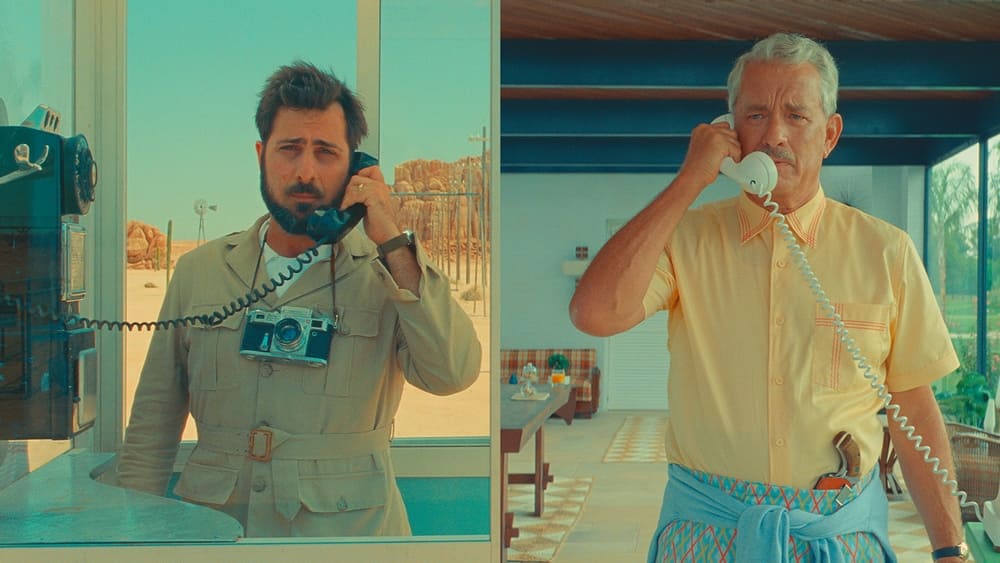“What does it all mean?” the actor playing Augie Steenbeck (Jason Schwartzman) asks his director Schubert Green (Adrien Brody) as he struggles to understand his character’s motivations. Schubert replies, “It doesn’t matter. Just tell the story.” Trust in the artist and all will be revealed. “My pictures always come out,” Augie repeats multiple times during the film.
Throughout Wes Anderson’s new film “Asteroid City,” the viewer is constantly left wondering where the film is going and what it’s trying to say, and that’s by design. At a time, particularly in American cinema, when all the answers are spoonfed to the audience, Anderson wants people to think deeper about his work. In his last two features, Anderson has all but left plot behind, instead tackling the nature of art by interrogating his artifice head-on through dense structures and themes. It has made both “Asteroid City” and “The French Dispatch” alienating in their ways. But if you give yourself over to them and trust what Anderson is doing, profound reflections on what it means to be an artist and what we get out of art reveal themselves.
In “Asteroid City,” Anderson employs a play within a movie structure that allows him to take a step back from the main story to reflect on what is happening in the narrative, why it’s happening, and why none of it makes sense. The film acknowledges how little meaning can apply to what has happened so far at various points — often having characters in the “real world” ask about their characters in the play’s motivations — but Anderson keeps assuring us to stay with him and trust that he knows where he’s going with it all. His films always turn out. And by the time Margot Robbie comes in for her one-scene showstopper at the end, every piece clicks into place.
If there is an issue with “Asteroid City,” it’s that what comes to light in this climatic scene is not the big emotional revelation the film feels like it’s building towards by asking such existential questions for most of its runtime. It doesn’t come with the gut punch that many of Anderson’s other films have, but maybe that’s an issue of expectations. Anderson isn’t interested in giving the audience what it wants. He wants it to meet him on his level and trust that what he gives them will satisfy.
Like “The French Dispatch,” “Asteroid City”’s thematic and formal density will make it incredibly rewarding upon revisiting. More layers will pull back, and greater meaning will reveal itself. But even the surface-level pleasures make this an endearing watch. The Roadrunner/Wile E. Coyote Looney Tunes cartoon aesthetic, the wondrous Alexandre Desplat score, Schwartzman’s confused, dead-inside performance as Augie — which acts as a perfect evolution from the confident, youthful energy he brings to the lead role in “Rushmore,” showing how an obtuse, punishing world can beat you down as you age. Like most Anderson films, “Asteroid City” sticks in your head. I have not stopped thinking about it since I saw it a few days ago, and I imagine I won’t stop anytime soon.

